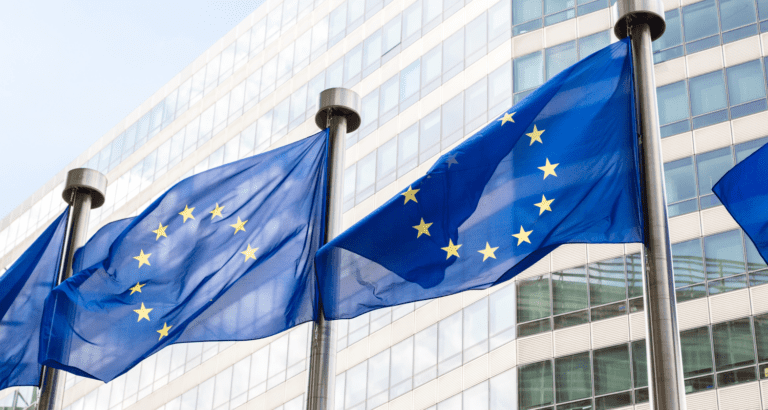The European Commission is broadening its ability to share software developed and used by the European government. Source code will be offered in a new, central and public registry.
Today, the European Commission agreed to broaden the rules for publishing software used by the European government. The commission has been able to do the latter for some time. Nearly one hundred open-source projects of government applications are shared via GitHub. Noteworthy examples are applications for e-signatures and word processors for policy drafting. The new rules allow the commission to publish more quickly. Several bureaucratic conditions for the open-sourcing of used software disappear.
In short, the commission’s supply of open-source contributions promises to expand. To facilitate that supply, the European Commission is announcing an open registry. The location of this registry is unknown at this time. While we know that the commission gained more freedom to publish its software, the specifics on how that freedom expresses itself are unclear.
Why?
The new rules are part of a years-long process. Since 2014, the European Commission sets goals and guidelines for the adoption and promotion of open-source software. The focus is undoubtedly strategic in nature. Governments strive for transparency. By prioritizing the use and development of open-source software, the European Commission is achieving the greatest transparency possible in IT. The fact that developers resultingly have an impressive array of software projects at their disposal is a welcome byline.
